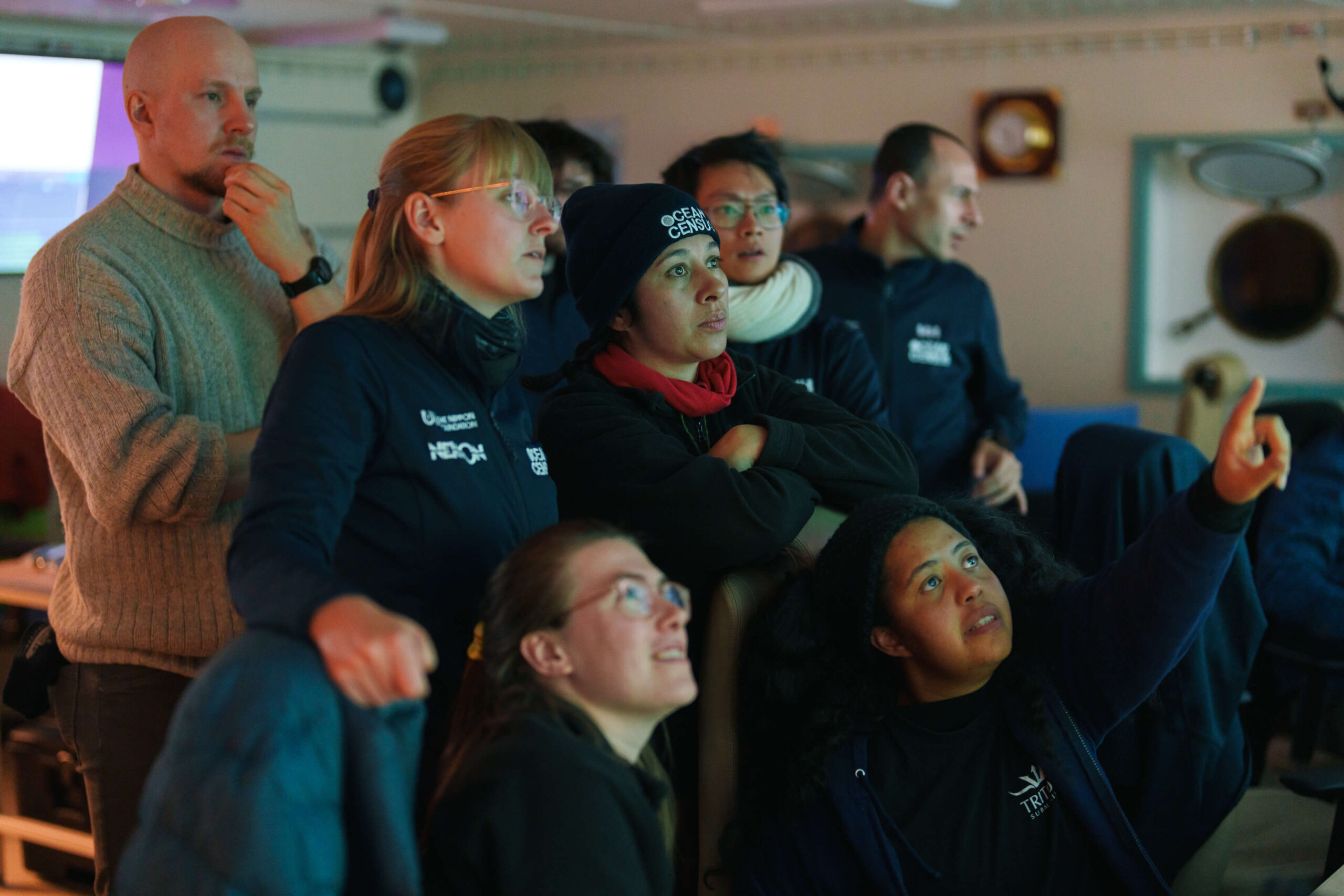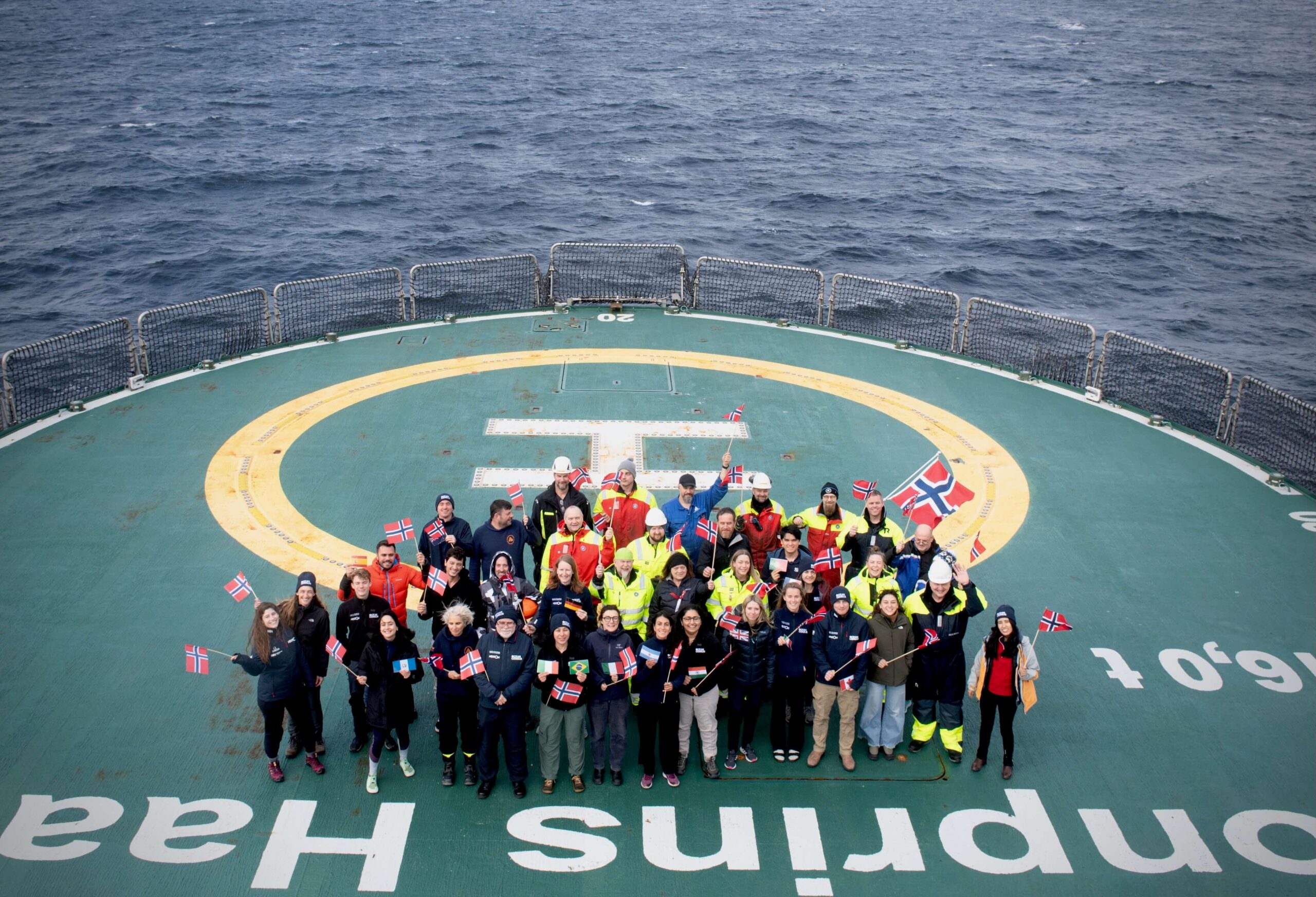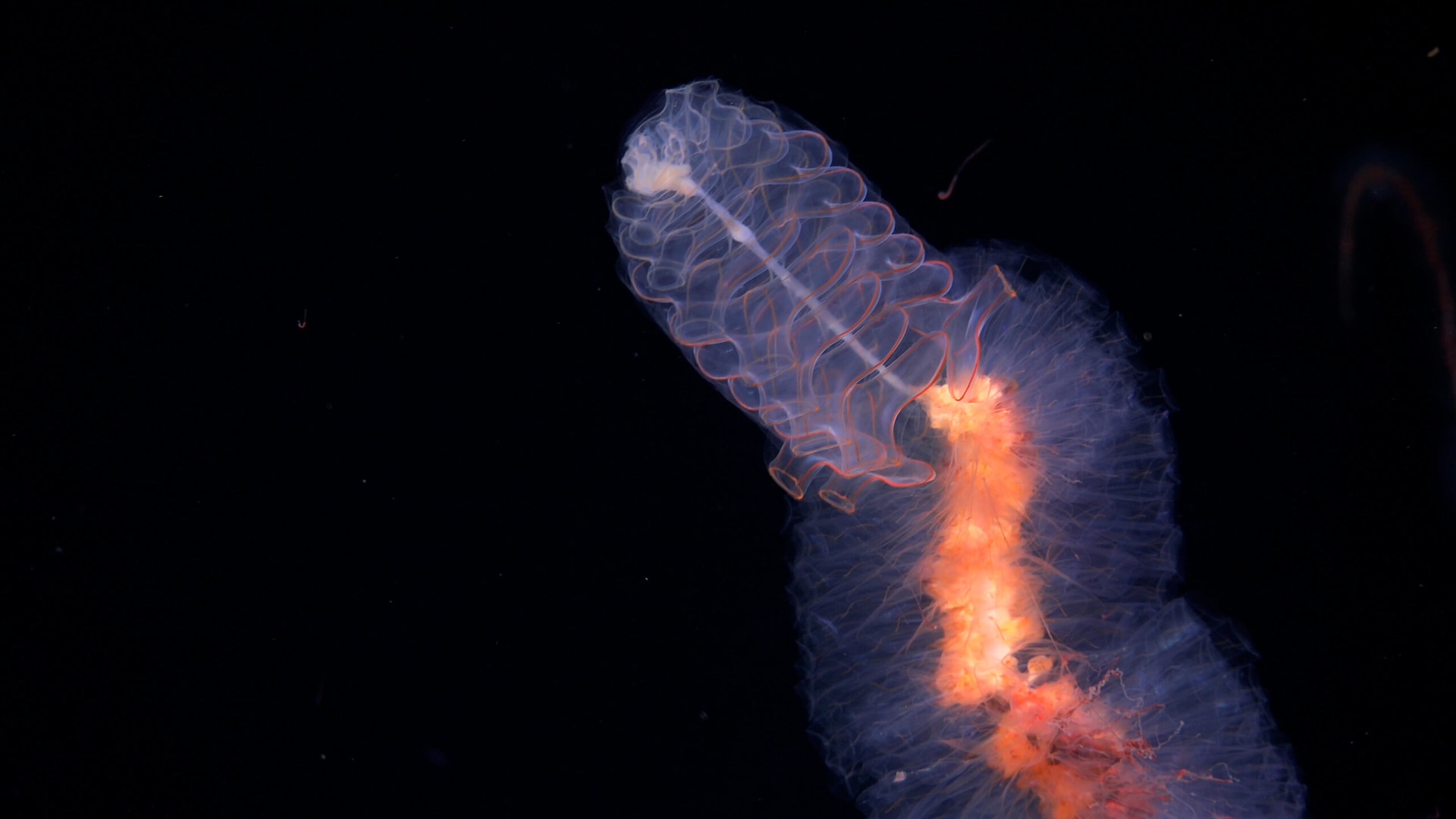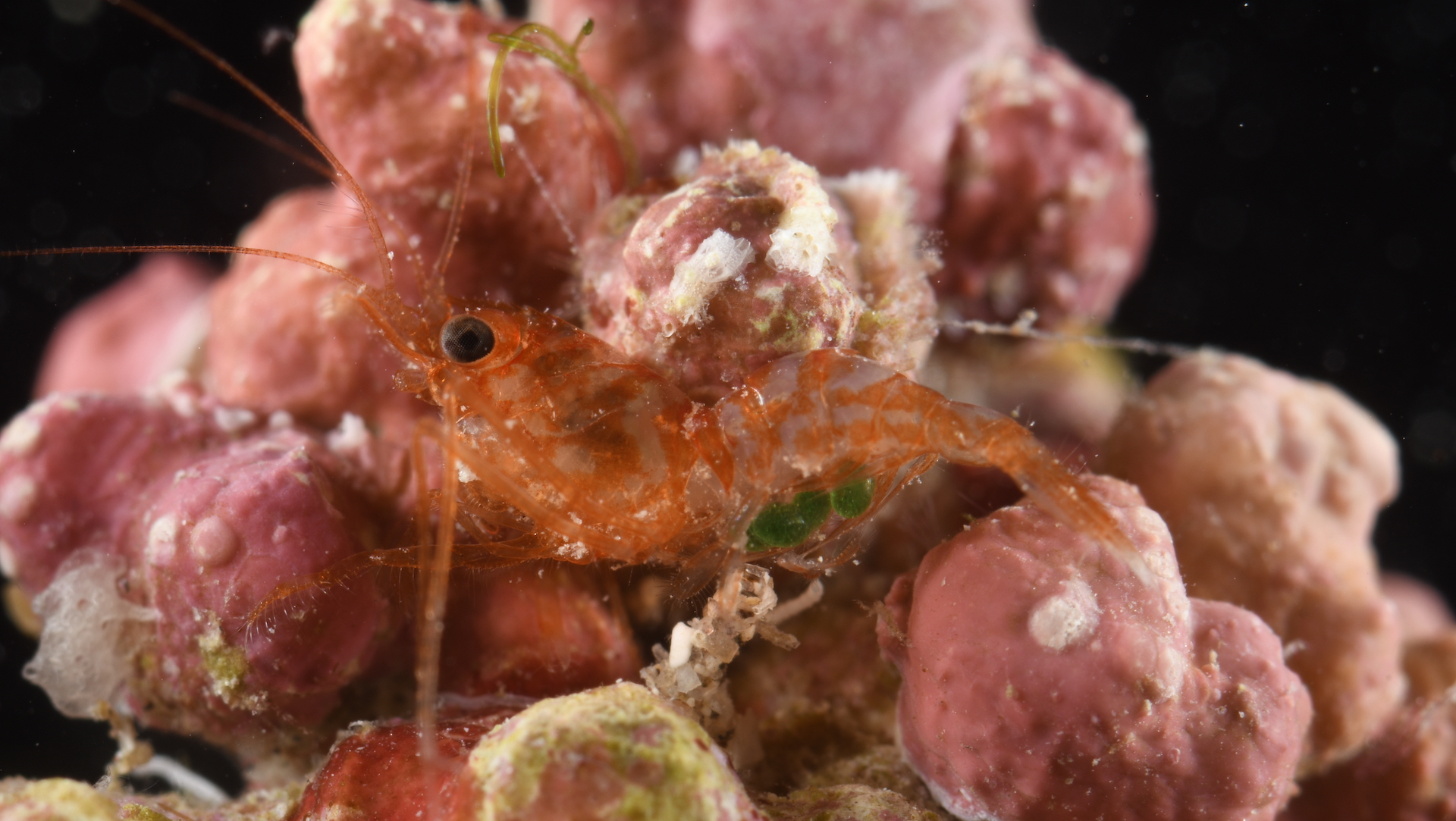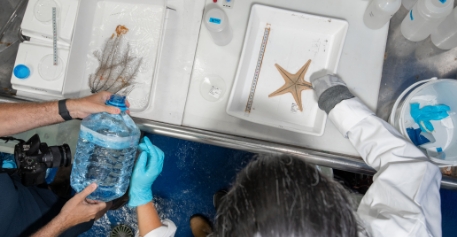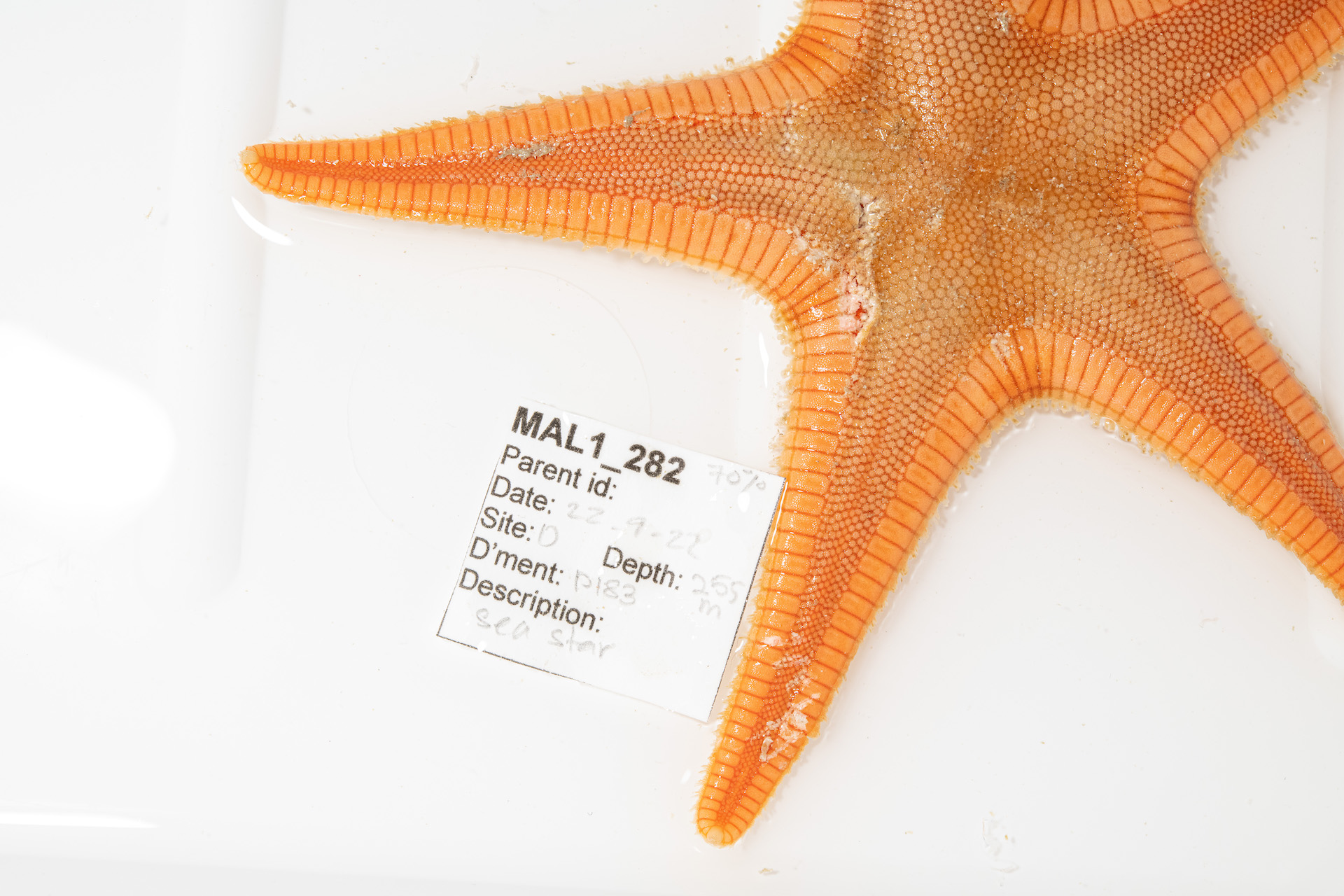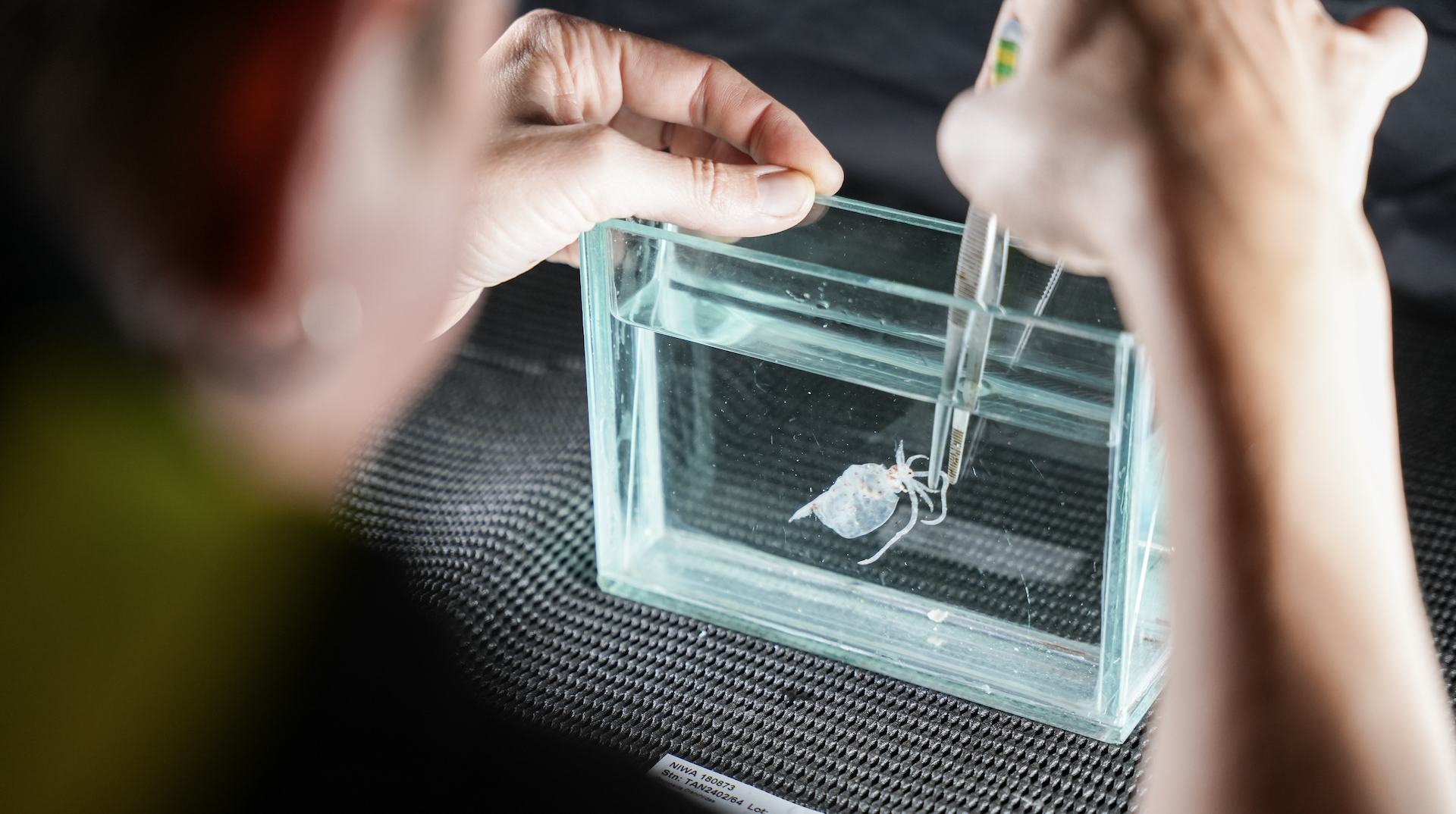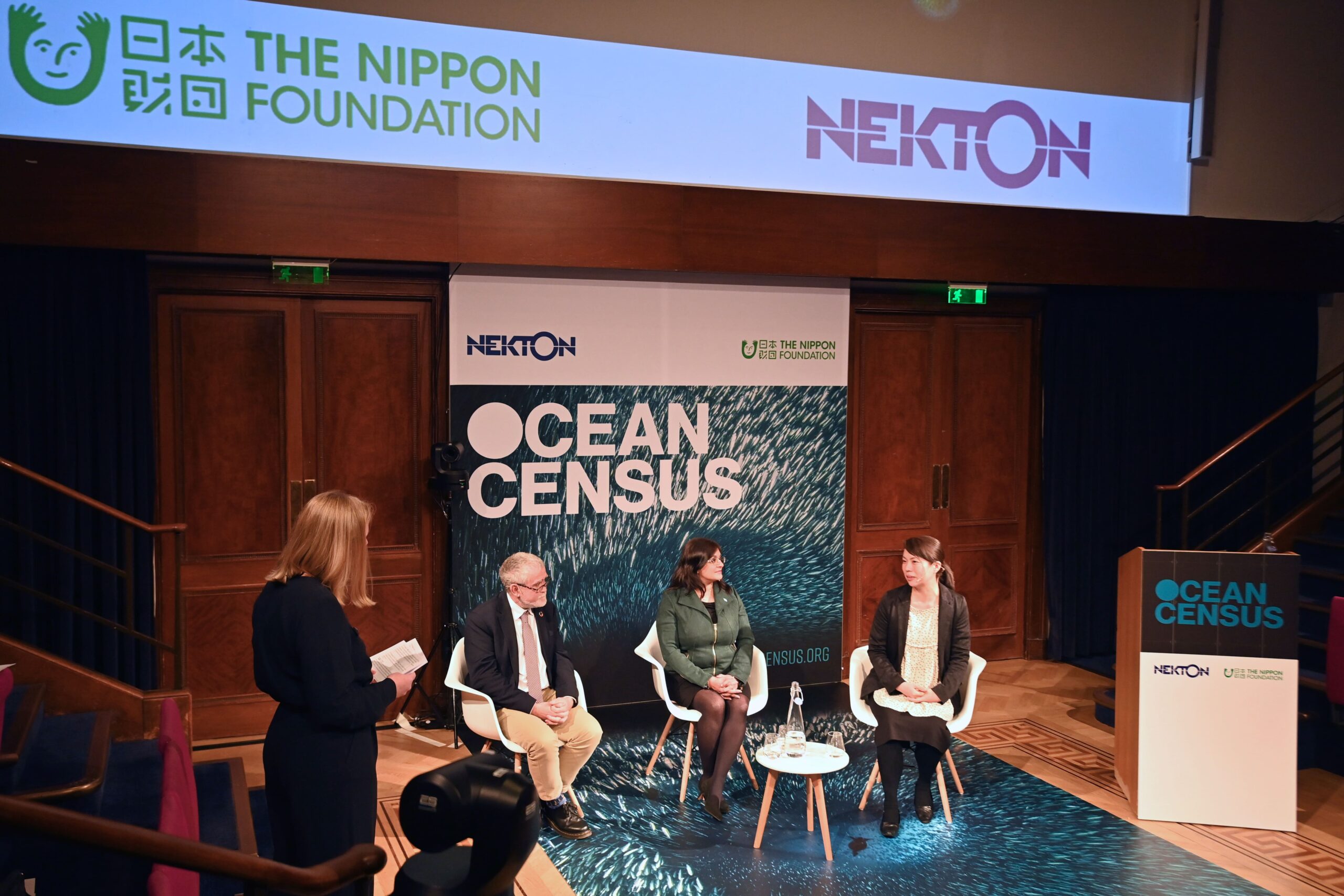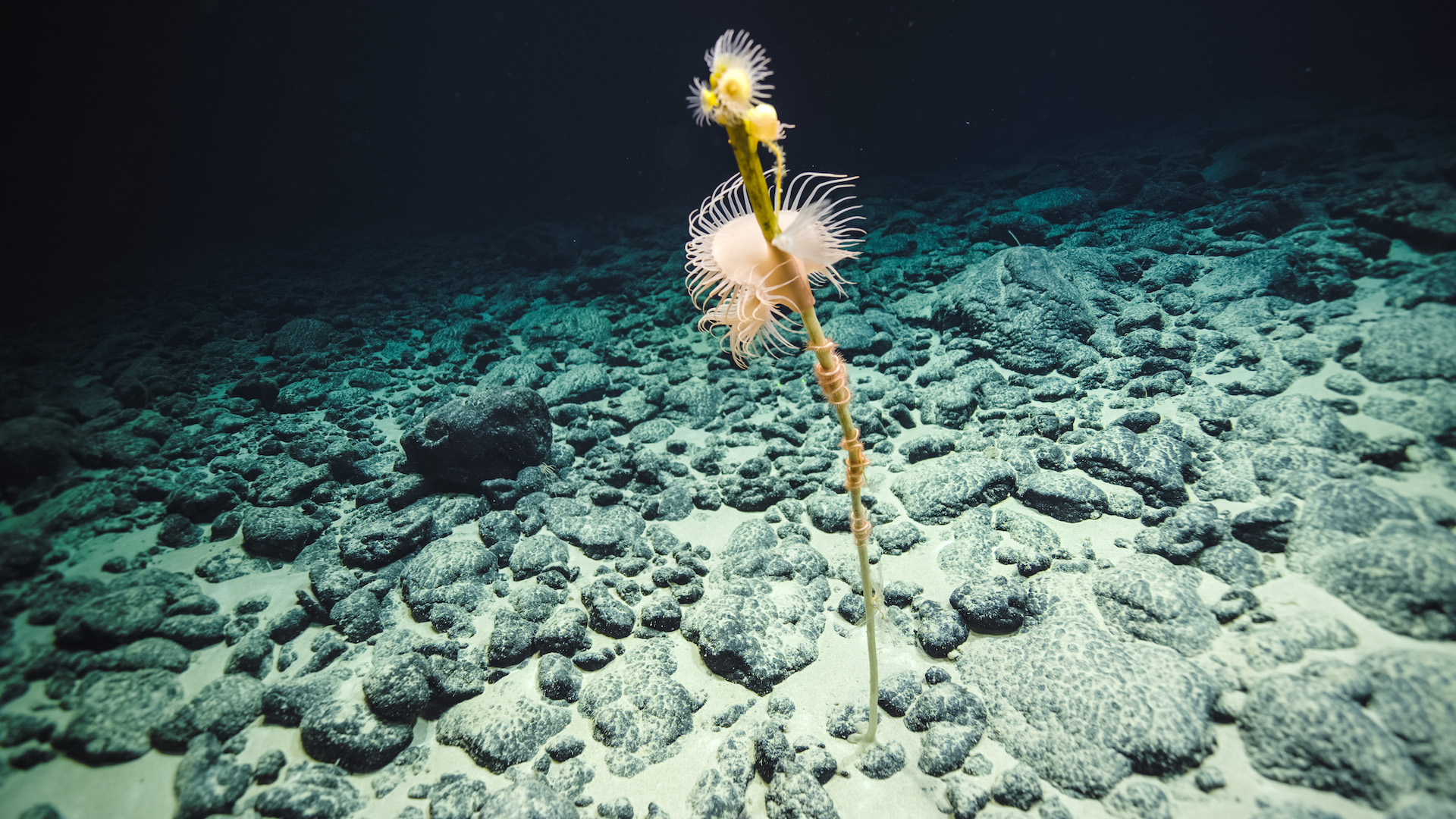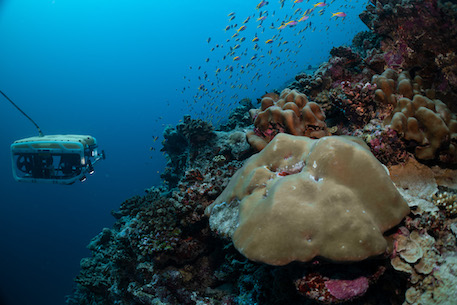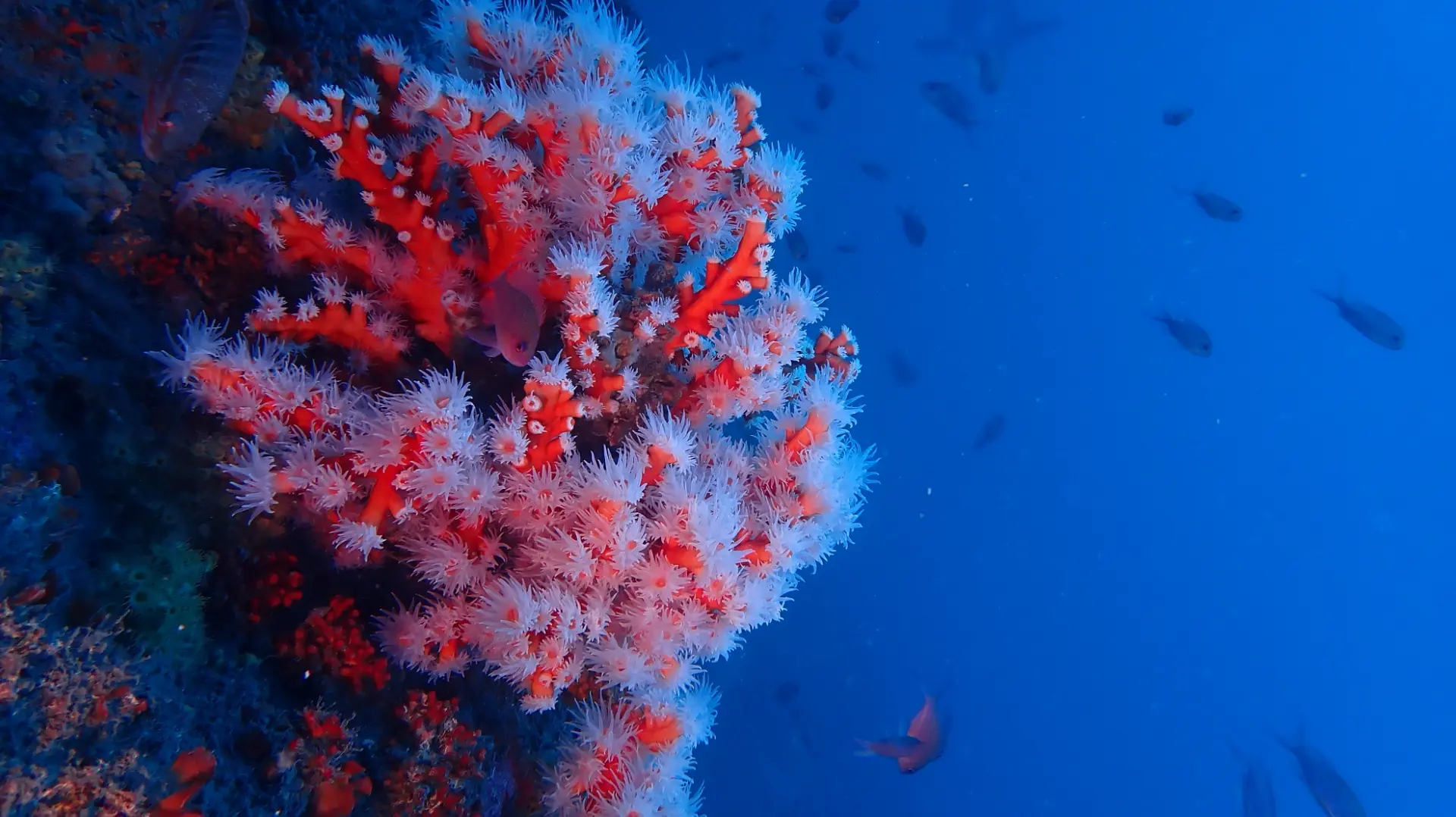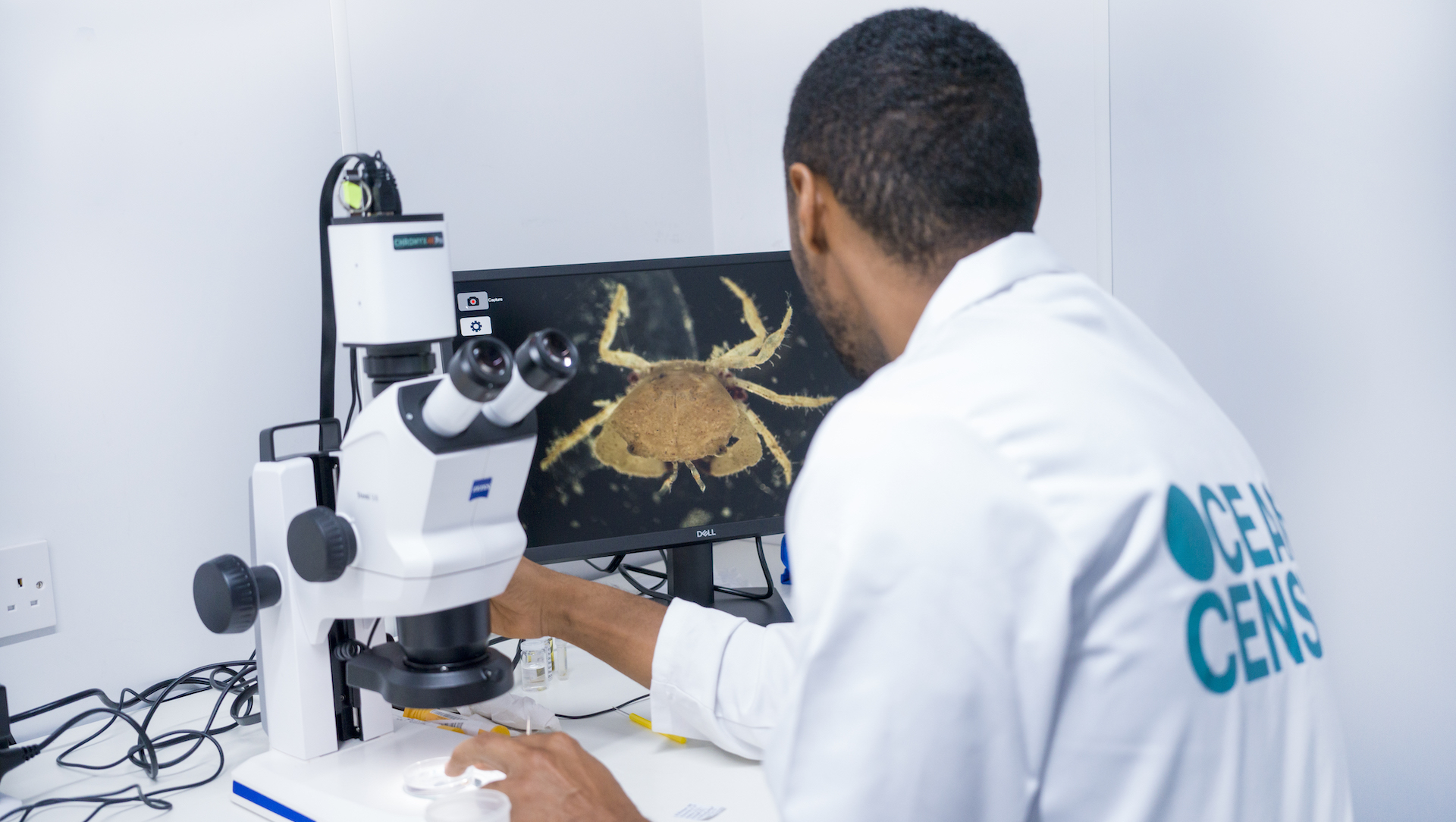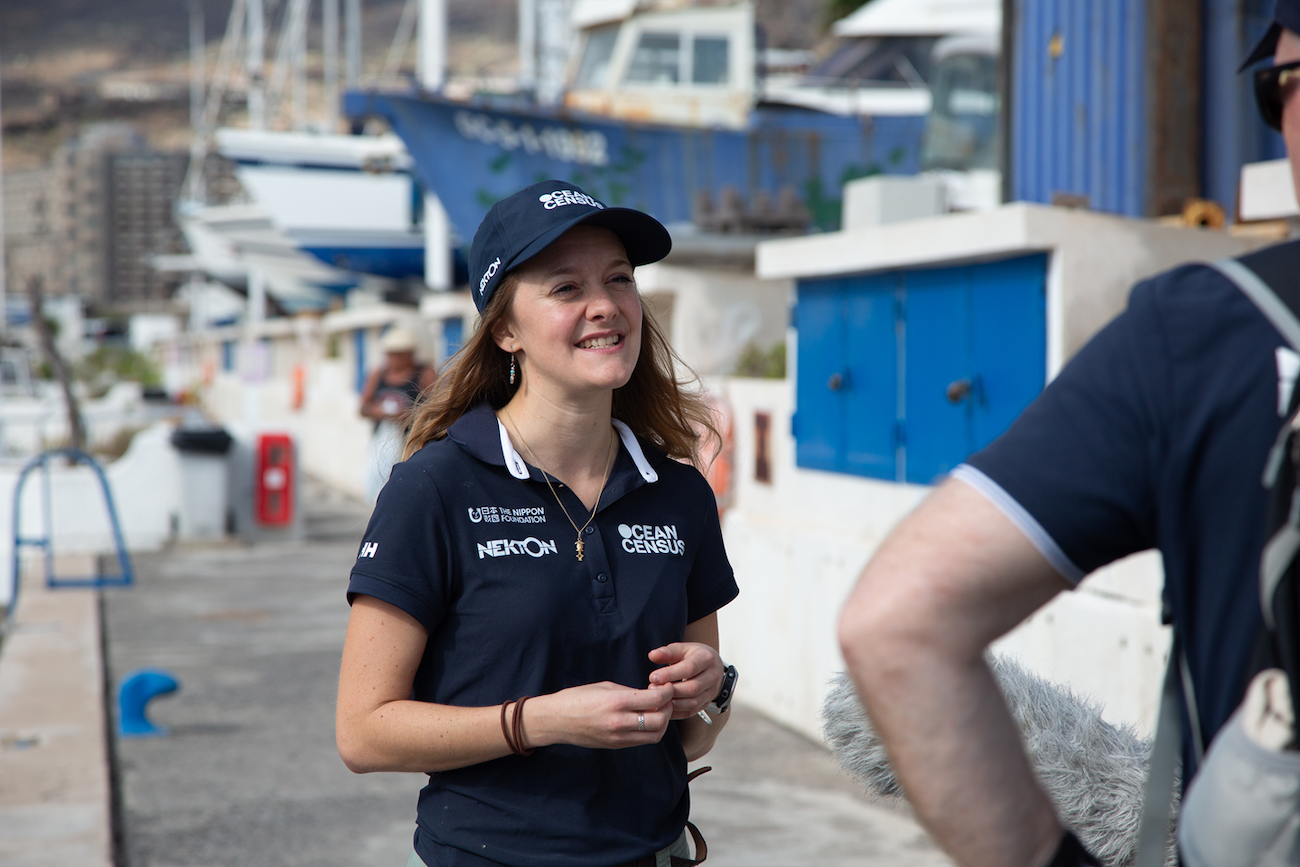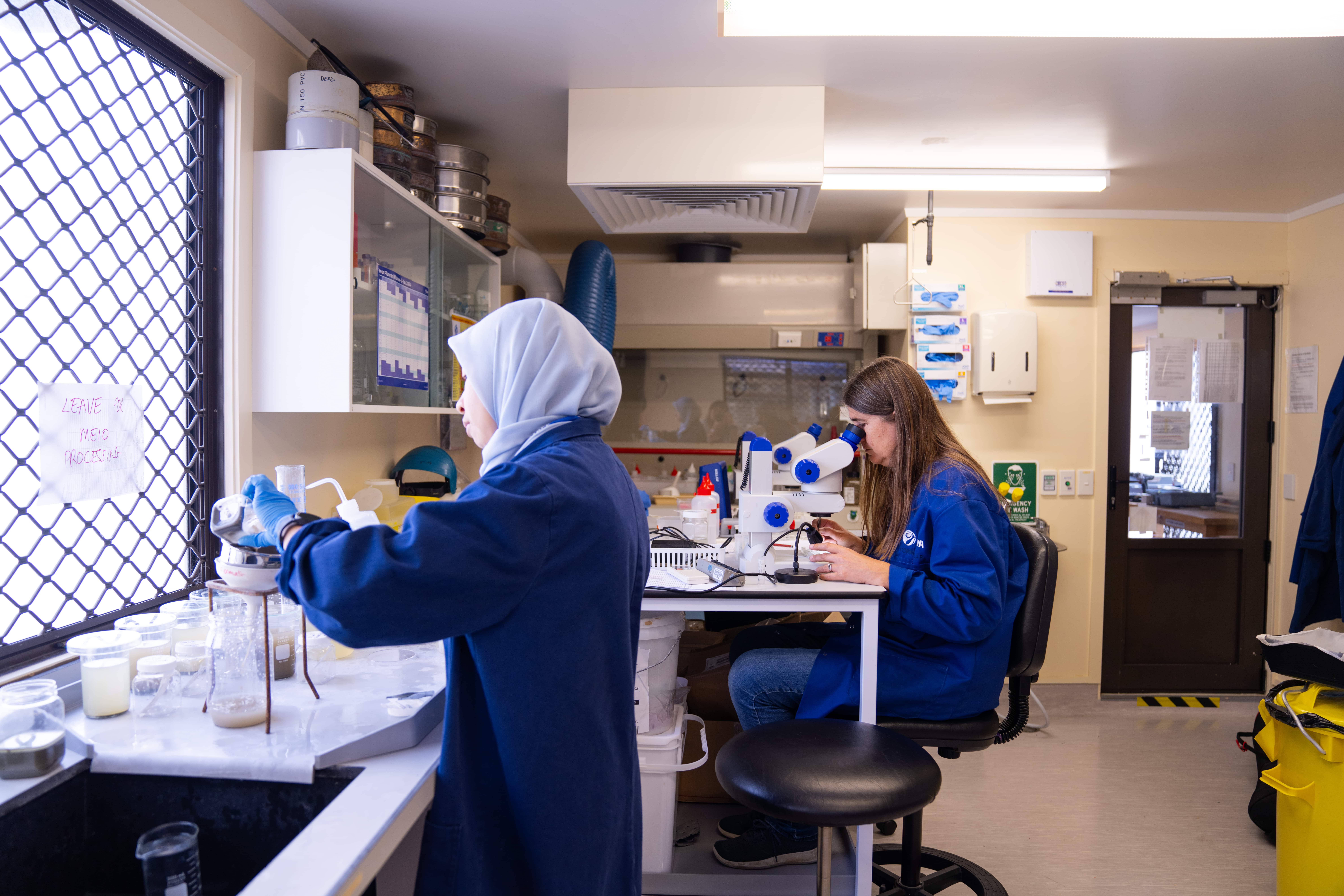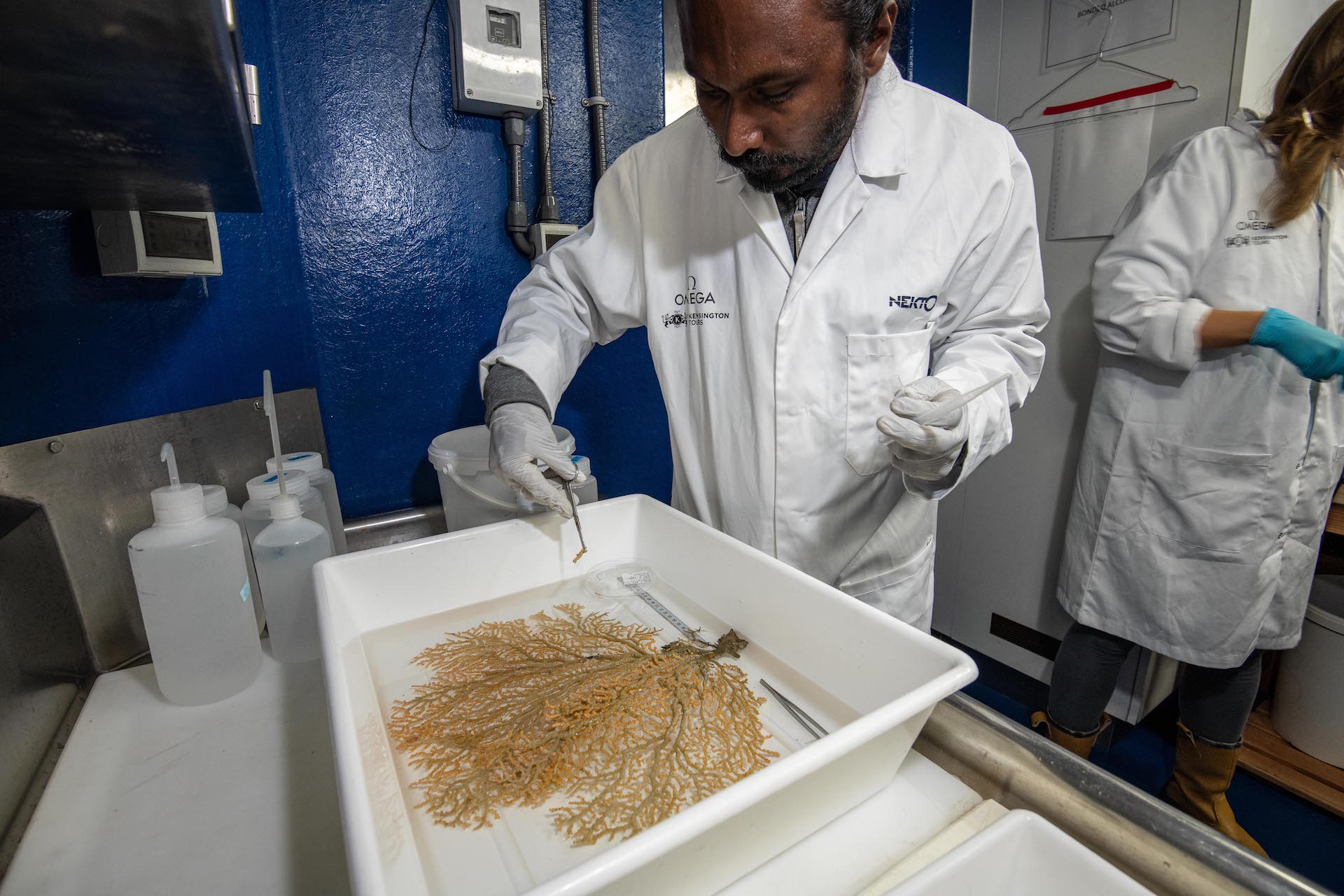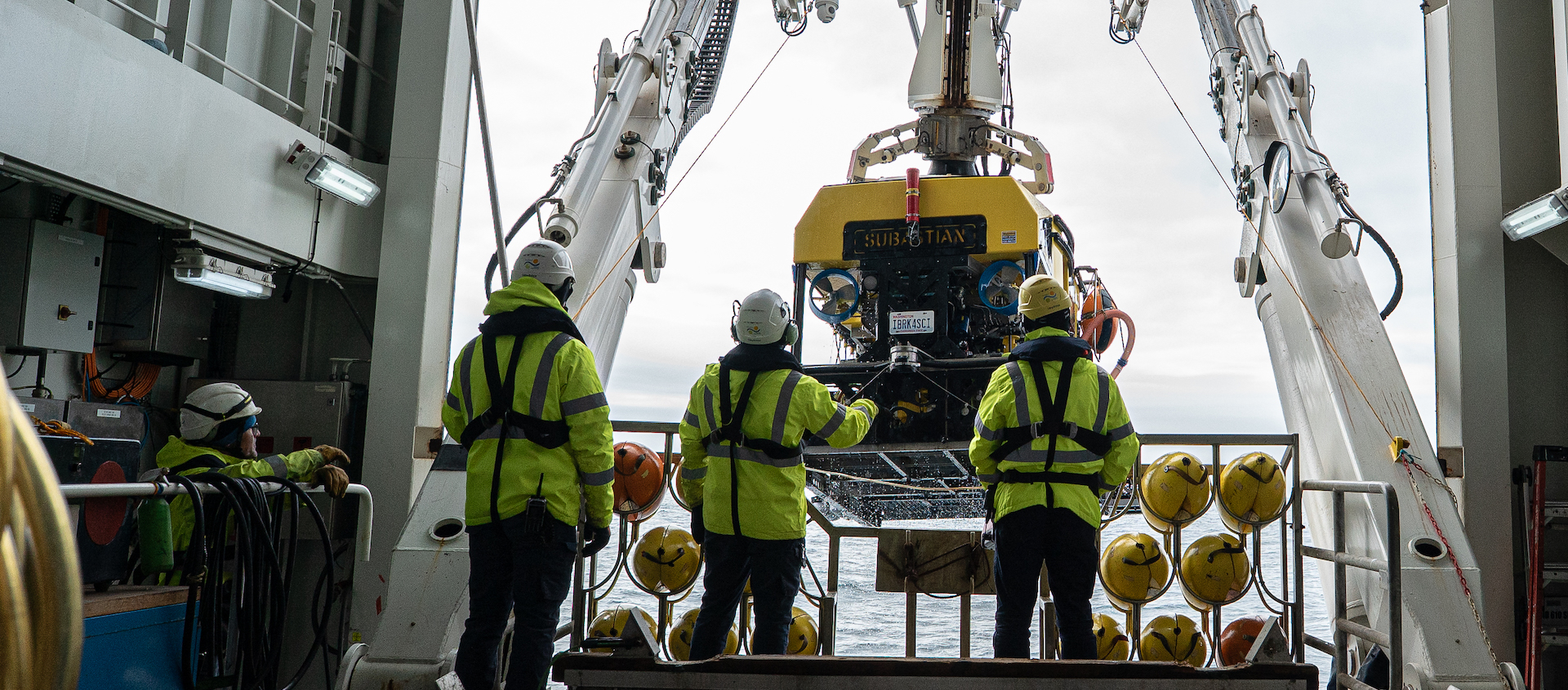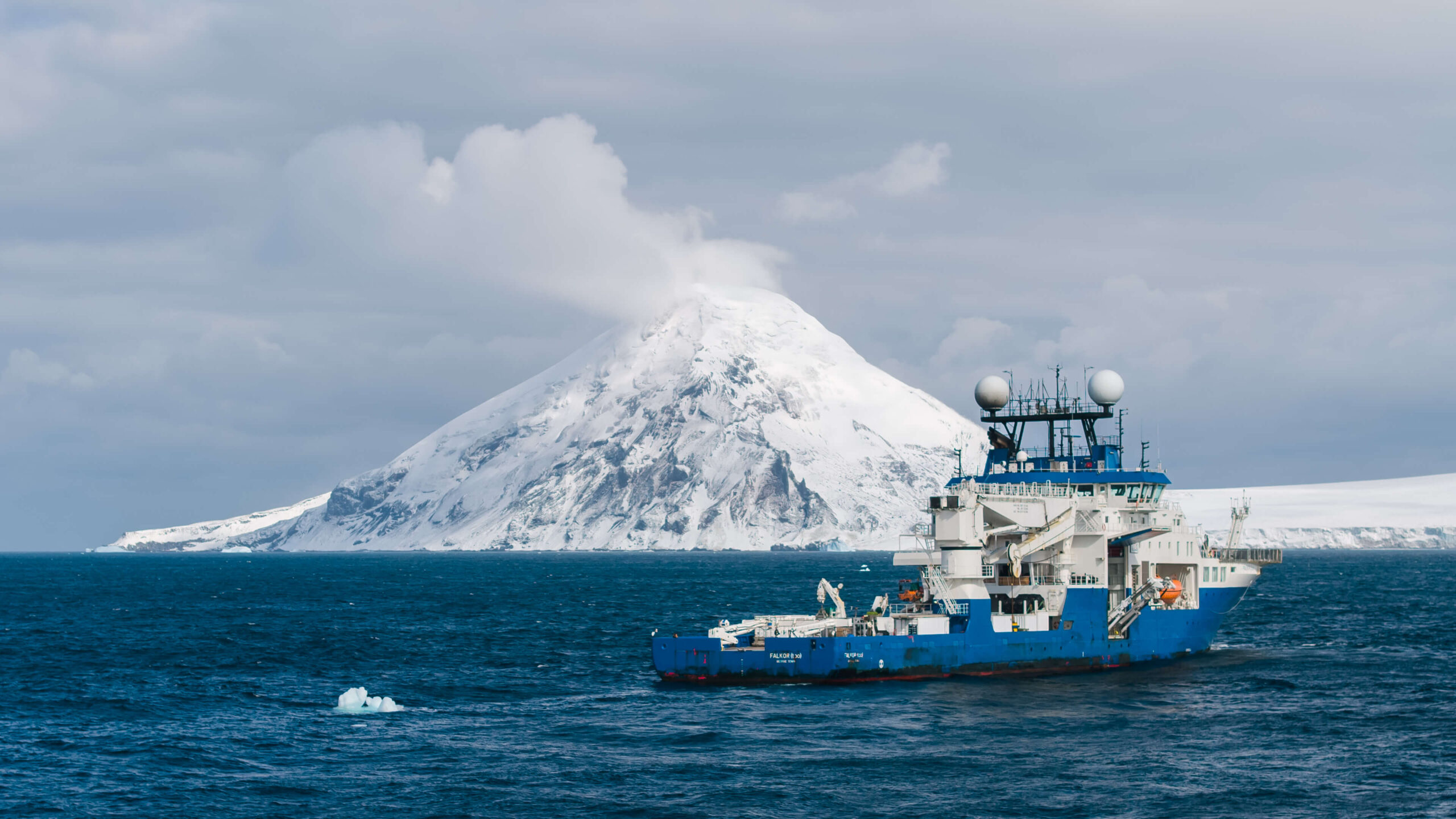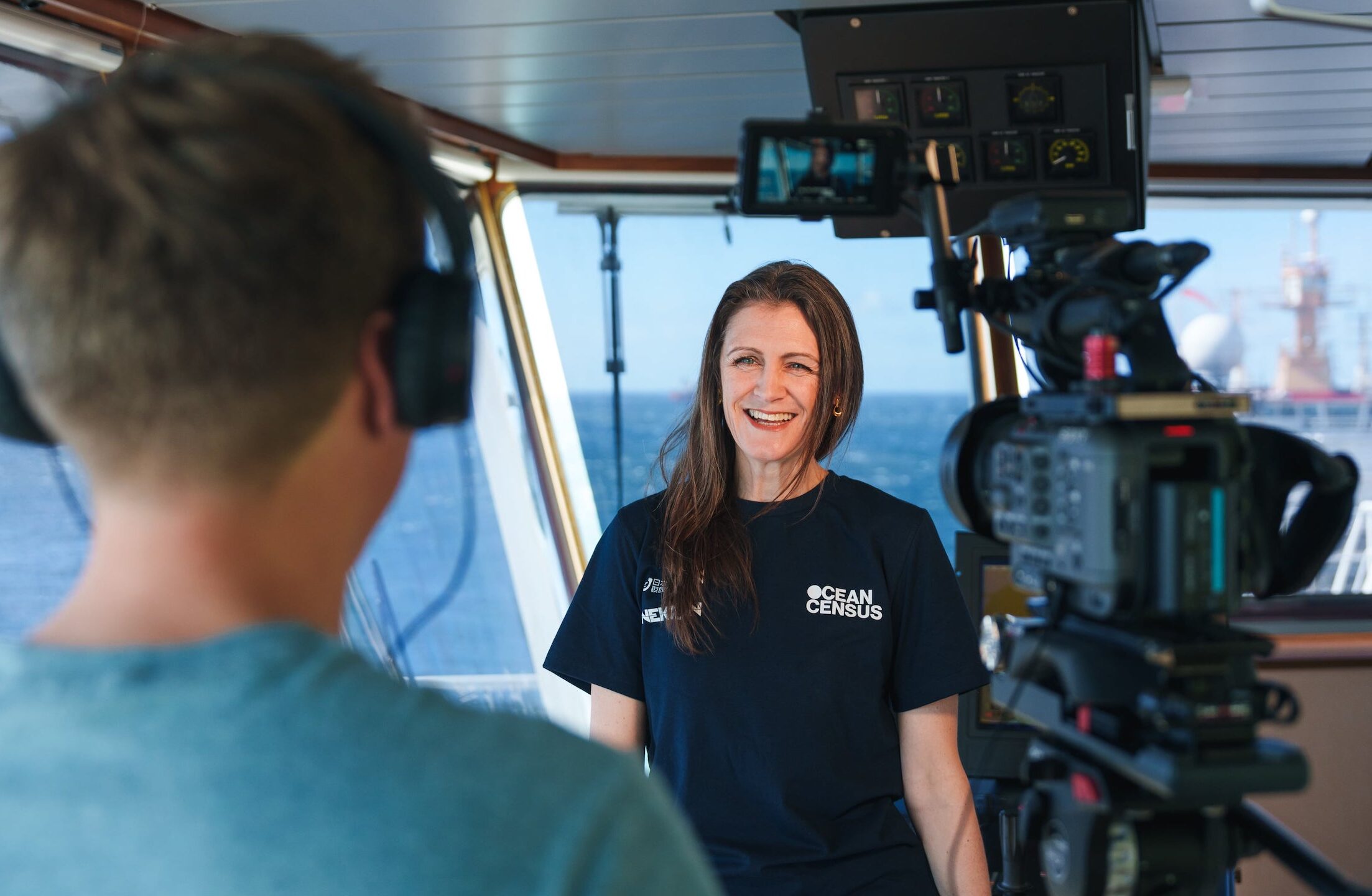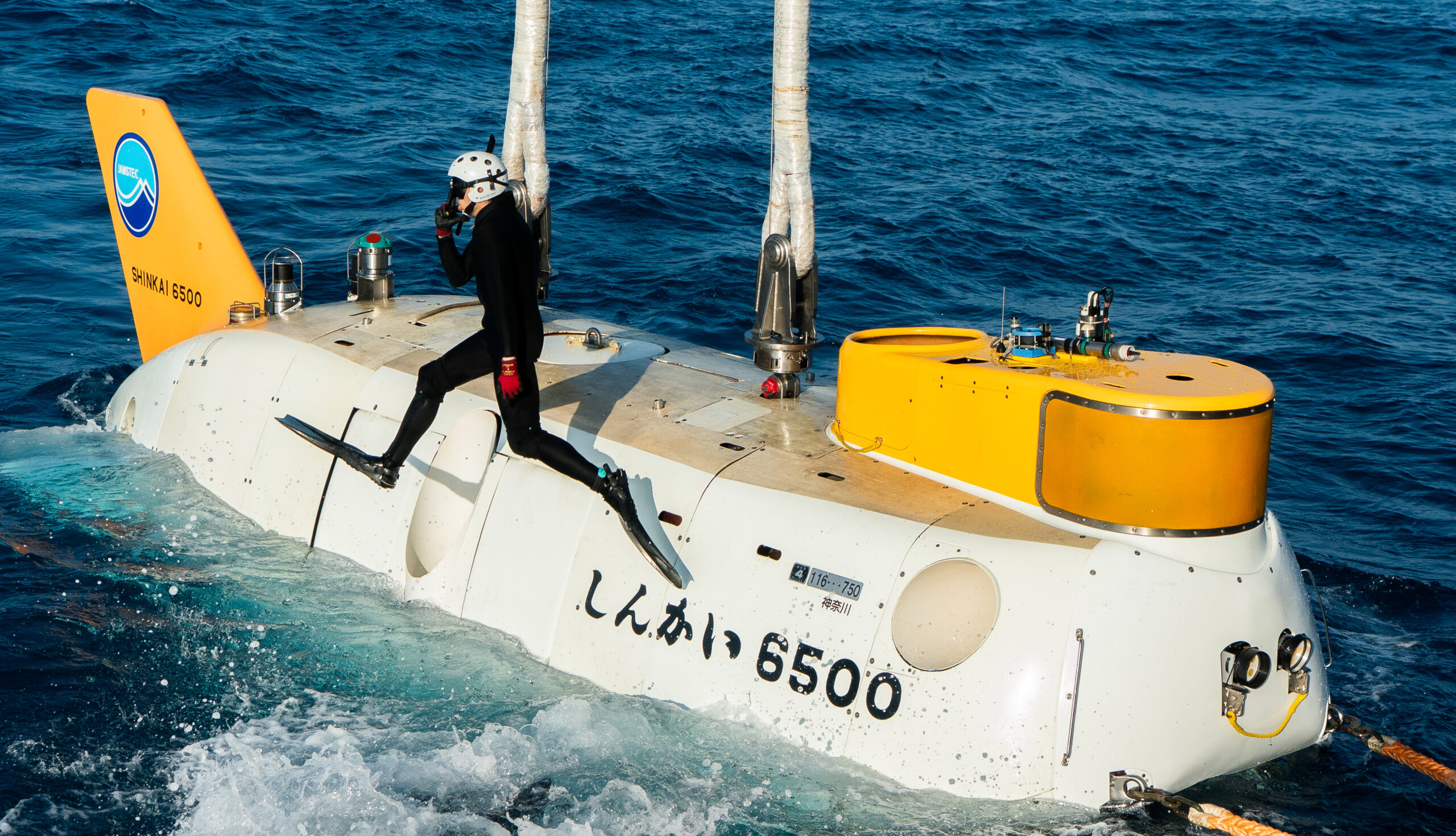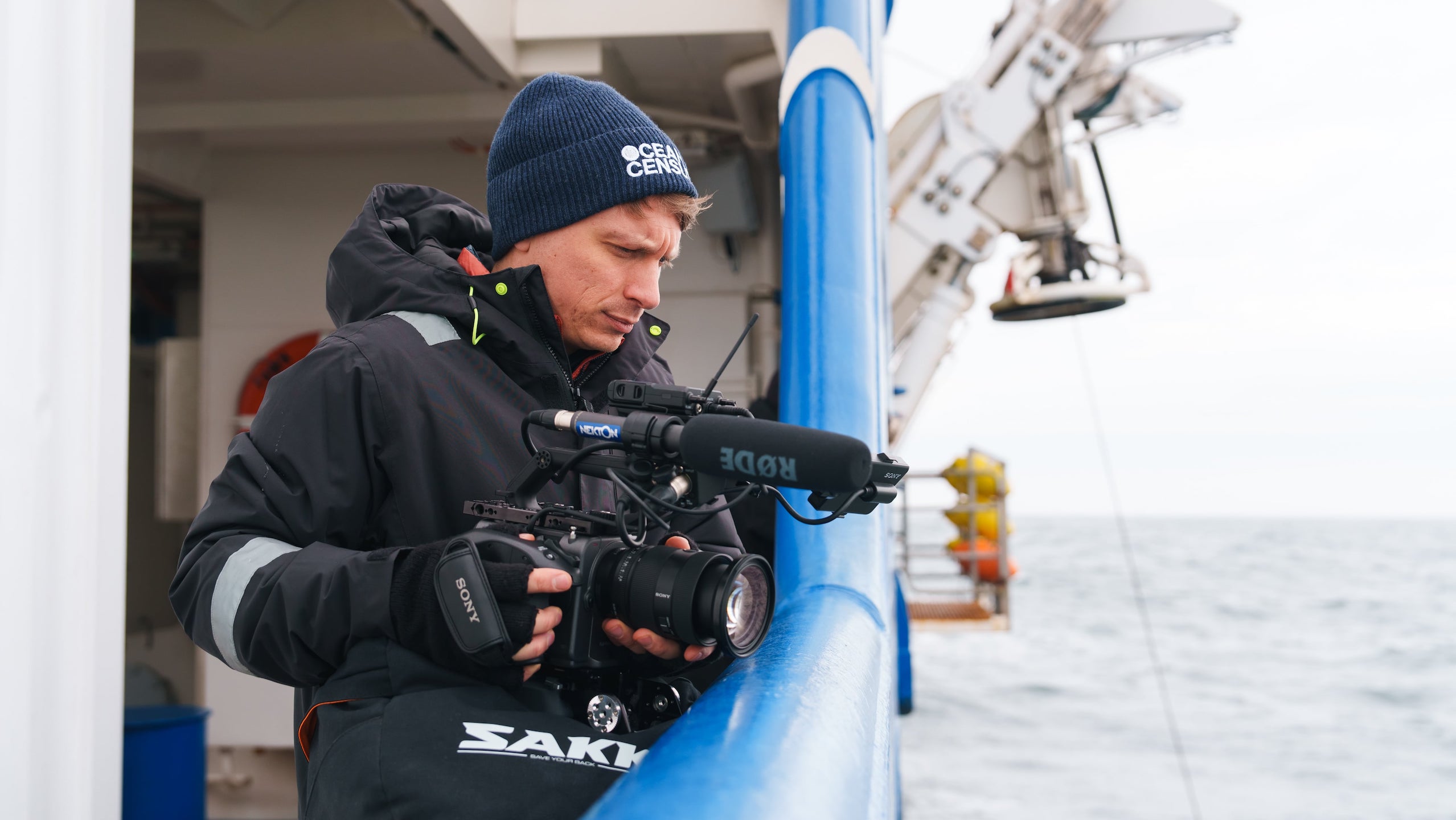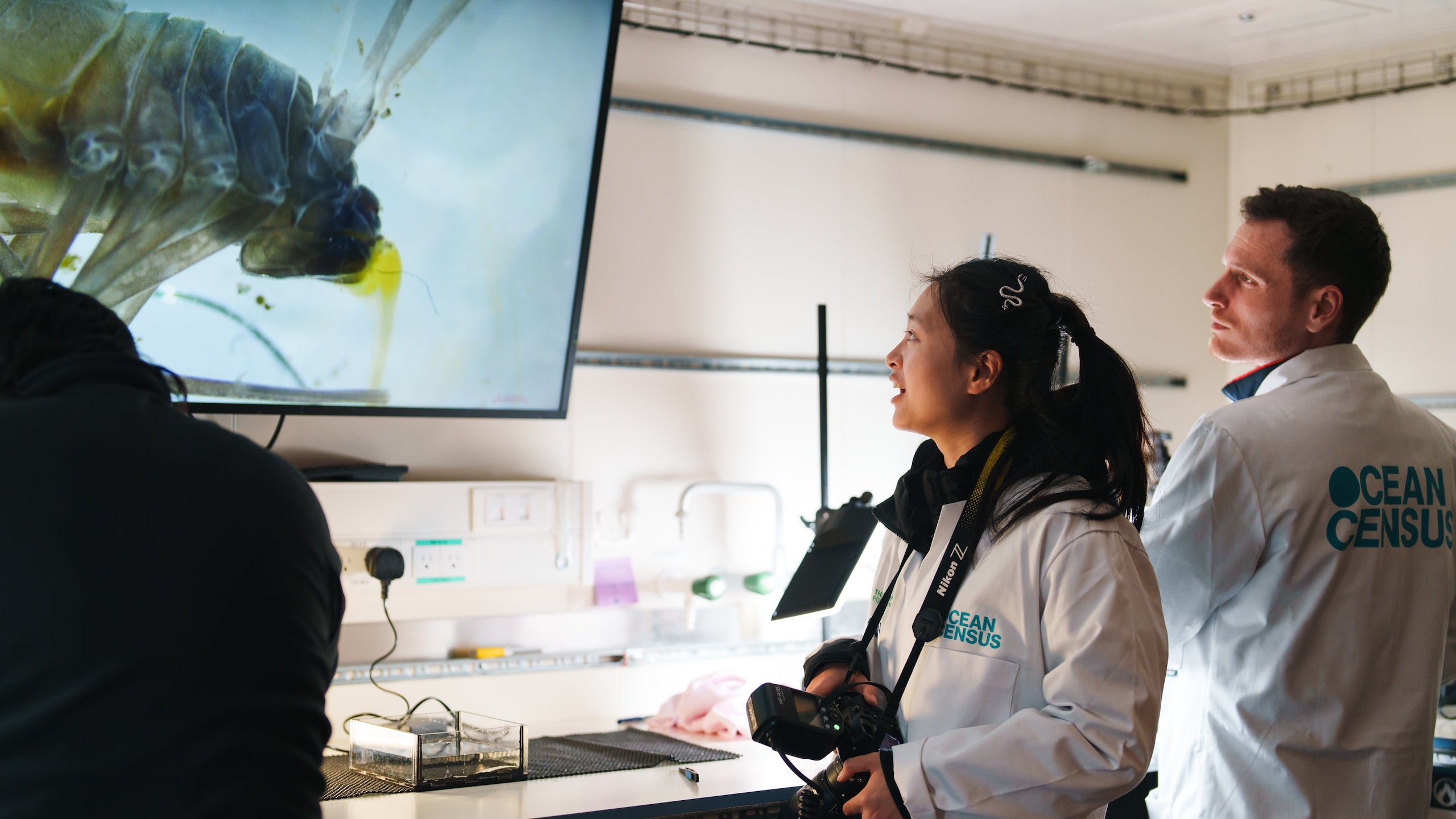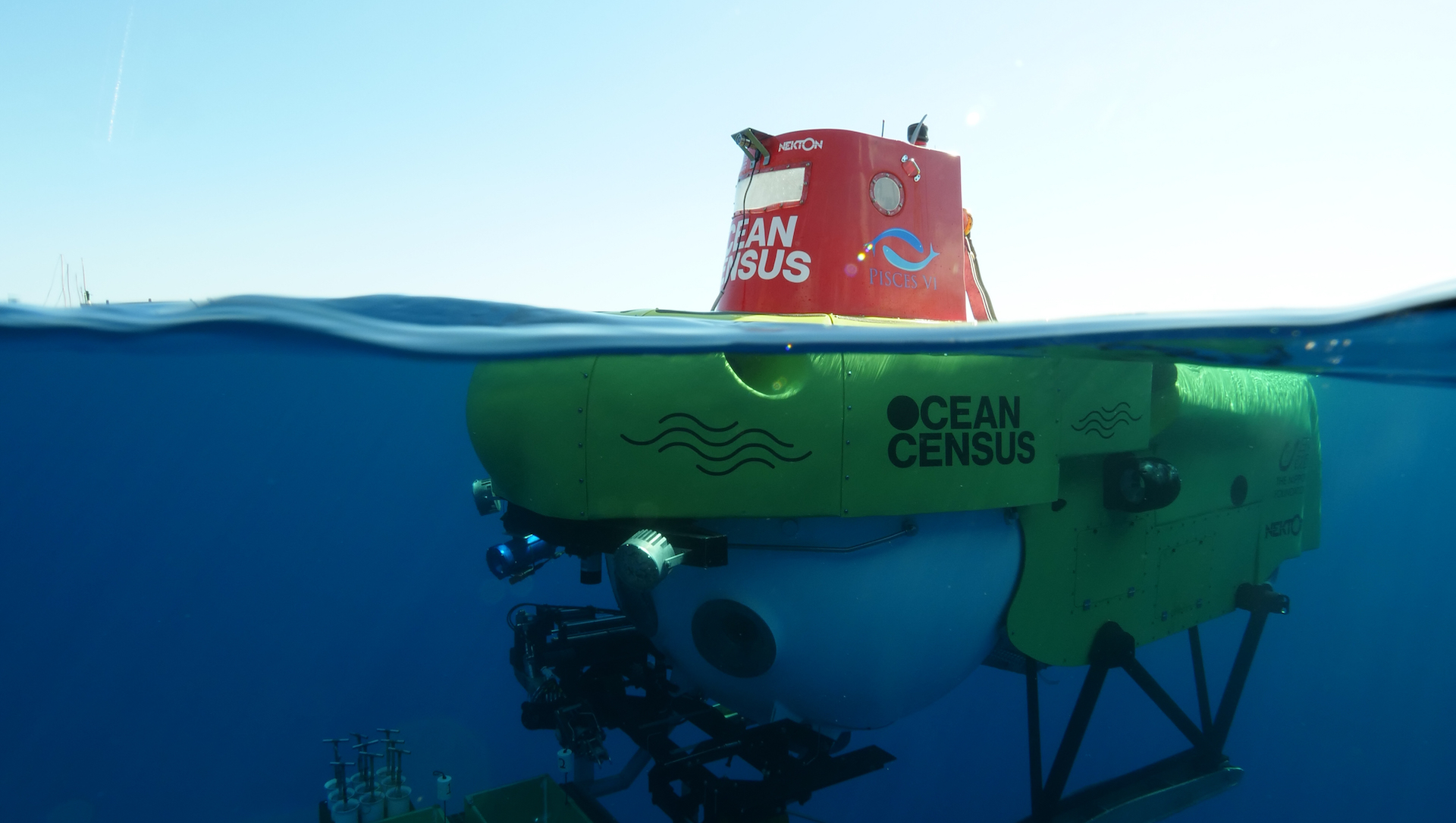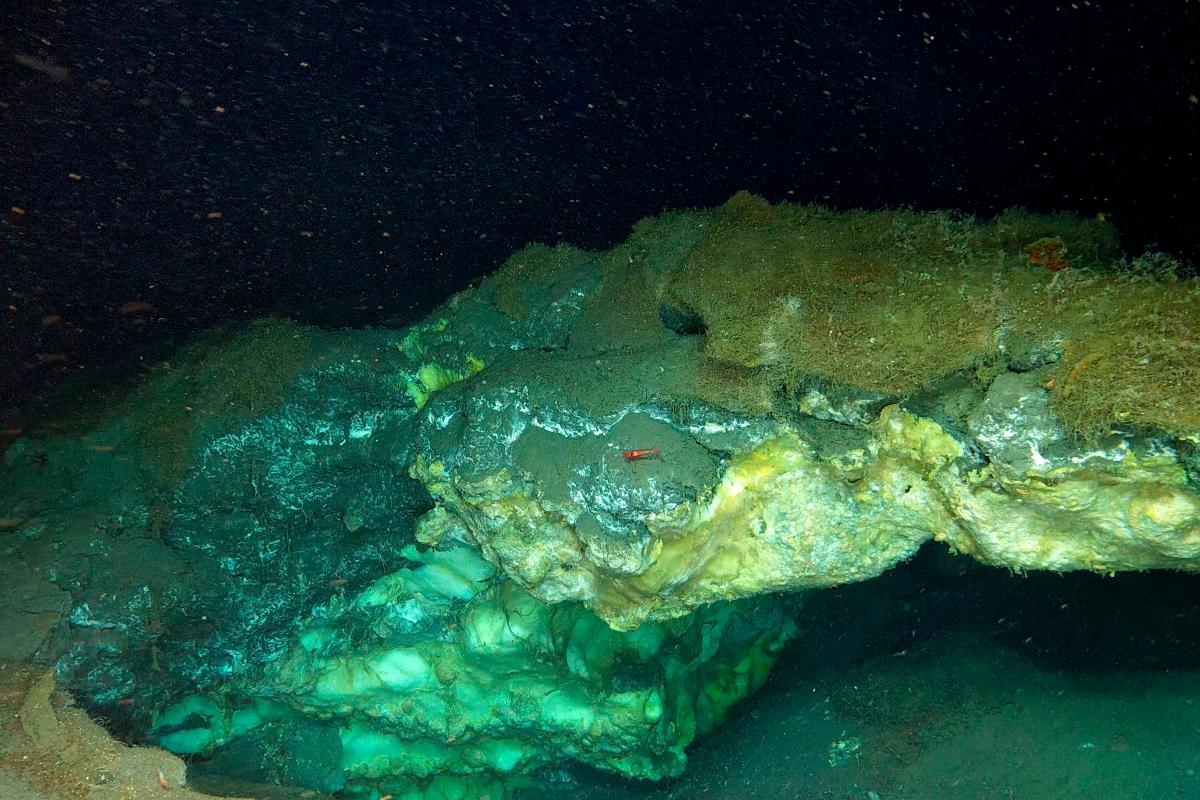
PAPER RELEASED: Cyber-Taxonomy Set to Transform our Knowledge of Life on Earth

Publication
A landmark new approach to the discovery of life – cyber-taxonomy – has been revealed in Frontiers of Marine Science. Co-designed by dozens of international experts, the new approach creates digital twins of each species and provides the revolutionary potential that underpins Ocean Census, a large-scale strategic science mission, designed to significantly accelerate the discovery and documentation of marine species.
The initiative tackles the pressing knowledge gap surrounding the diversity and distribution of marine life by deploying an innovative cyber-taxonomy approach, merging traditional taxonomy methods with cutting-edge technologies such as DNA sequencing, high-resolution digital imaging and machine learning.
The ocean, the largest ecosystem on Earth, harbours an unrivalled area of wilderness, making the preservation of its biodiversity crucial for ecological equilibrium and human well-being. Understanding the myriad forms of marine life is imperative for realising its societal benefits and mitigating human impacts to sustain healthy marine ecosystems.
“Life has evolved in our ocean for three times as long as life on land and holds the clues to four billion years of our evolutionary heritage. Cyber-taxonomy will enable Ocean Census to discover, sequence and decode the DNA of ocean life, increasing the speed and scale of the discovery exponentially.”
Yohei Sasakawa, Chair of The Nippon Foundation
Although it’s estimated that between 1-2 million species inhabit our ocean, around 75% to 90% remain undescribed. The longstanding void in the knowledge and observation of marine species is concerning, with potential unrecorded extinctions and declines aggravating the prevailing biodiversity crisis. It is very difficult to protect what is not yet known. It currently takes one to two years to several decades to describe a species from its initial collection, necessitating an expedited approach to marine discovery.
Launched this April by The Nippon Foundation of Japan and UK-based marine research charity Nekton, Ocean Census harnesses the latest DNA sequencing digital imaging technologies and machine learning with conventional taxonomy, optimising the species identification and description process. Through these approaches, a digital twin, or ‘Digital Life Form’ of each specimen is created. Taxonomists then draw on the data to determine if the species are new to science. Ocean Census aims to utilise cyber-taxonomy with an ambitious target of 100,000 new species discovered within the decade.
Through the digitization of specimen collection data and the creation of a cyber-biodiversity system for data distribution, the initiative grants far greater and more equitable access to biodiversity knowledge, propelling species discovery to unprecedented levels and galvanise conservation efforts.
“Ocean Census is not merely about discovering the unknown but reshaping the way we understand marine biodiversity. The integration of advanced technologies with traditional taxonomic studies is pivotal. It rejuvenates our pursuit of knowledge in marine biology, addressing the urgent need for detailed information on diverse marine species to counter the prevailing biodiversity crisis.”
Prof. Dr. Alex Rogers, Science Director at Ocean Census and leading co-author of the paper
Cyber-taxonomy emerges as a distinctive, transformative methodology, intertwining technology and taxonomy to drive humankind closer to Ocean Census’ ambitious scientific, exploration and conservation goals. This approach empowers scientists to address critical questions in marine biology and conservation more effectively, fostering an enriched understanding of global patterns and processes in marine ecosystems.
“The cyber-taxonomy approach is at the heart of Ocean Census. It is not only innovative but essential in revolutionising our approach to discovering and studying marine life. Through this, we can disseminate knowledge at an unprecedented scale, allowing more discoveries to be made rapidly.”
Dr. Tim O’Hara, co-author and Senior Curator at Museums Victoria, Australia
Ocean Census is constructing a global network of scientists and Biodiversity Centres, fostering collaboration to enhance ocean life discovery efforts worldwide, including in low- and middle-income countries. By ensuring equitable involvement and knowledge sharing, discoveries made under this initiative are universally accessible, enriching global biodiversity comprehension.
“This mission is a testament to the power of global collaboration. By bringing together minds and resources from around the world, we are ensuring that the discoveries made are not just advancements in science but contributions to global knowledge, accessible to all.”
Dr. Punyasloke Bhadury, co-author and professor at the Indian Institute of Science Education and Research Kolkata
The groundbreaking paper, published on 27 September, does not merely shed light on the immense possibilities of discovering unknown marine species but also emphasises the critical necessity of such discoveries in the face of the escalating global biodiversity crisis. The preservation of knowledge, including genomic data of species on the brink of extinction, is integral to sustaining and revitalising the rich tapestry of marine life.
“This paper accentuates the pivotal role of technology-infused taxonomy in expediting the unravelling of oceanic mysteries, ultimately contributing to the conservation and sustainable management of our oceans’ invaluable biodiversity. The taxonomic achievements with an inclusive initiative with the countries without natural history museums will raise the basis of natural science globally.”
Dr. Hiromi K Watanabe, co-author and malacologist at the Institute for Extra-Cutting-Edge Science and Technology Avant-Garde Research (X-Star), Japan Agency for Marine-Earth Science and Technology (JAMSTEC)
We’re inviting experts in taxonomy, marine biology and related fields to join the Ocean Census Science Network.
Citation:
Rogers AD, Appiah-Madson H, Ardron JA, Bax NJ, Bhadury P, Brandt A, Buttigieg P-L, De Clerke O, Delgado C, Distel DL, Glover A, Gobin J, Guilhon M, Hampton S, Harden-Davies H, Hebert P, Hynes L, Lowe M, MacIntyre S, Madduppa H, Mazzuco ACdA, McCallum A, McOwen C, Nattkemper TW, Odido M, O’Hara T, Osborn K, Pouponneau A, Provoost P, Rabone M, Ramirez-Llodra E, Scott L, Sink KJ, Turk D, Watanabe HK, Weatherdon LV, Wernberg T, Williams S, Woodall L, Wright DJ, Zeppilli D and Steeds O (2023) Accelerating ocean species discovery and laying the foundations for the future of marine biodiversity research and monitoring. Front. Mar. Sci. 10:1224471. doi: 10.3389/fmars.2023.1224471
Photo credit:
Ocean Image Bank / Matt Curnock
Media Contact:
Kira Coley, Head of Communications, Ocean Census, press@2design.co
To subscribe to our press list please click here.
Our digital newsroom holds press information, press releases, video and photographic content, which is freely available to help you create your own content.
Join the census
The Ocean Census Alliance unites national and philanthropic marine institutes, museums, and universities, backed by governments, philanthropy, business and civil society partners.
